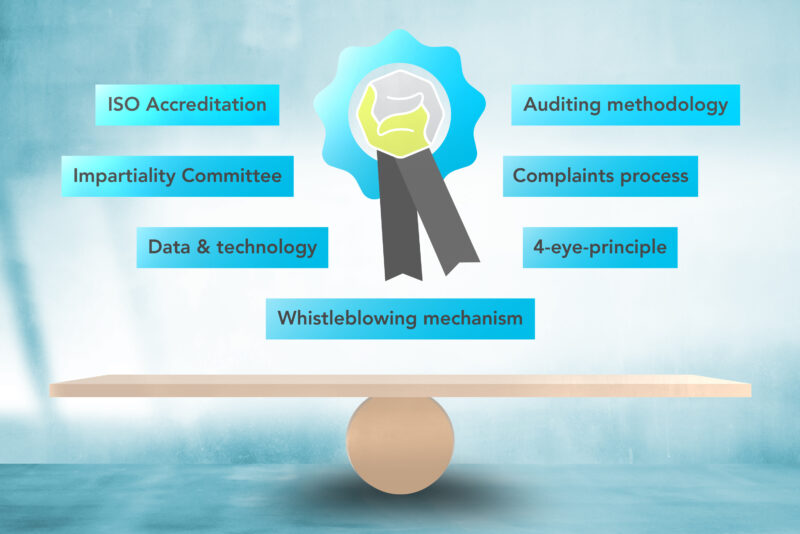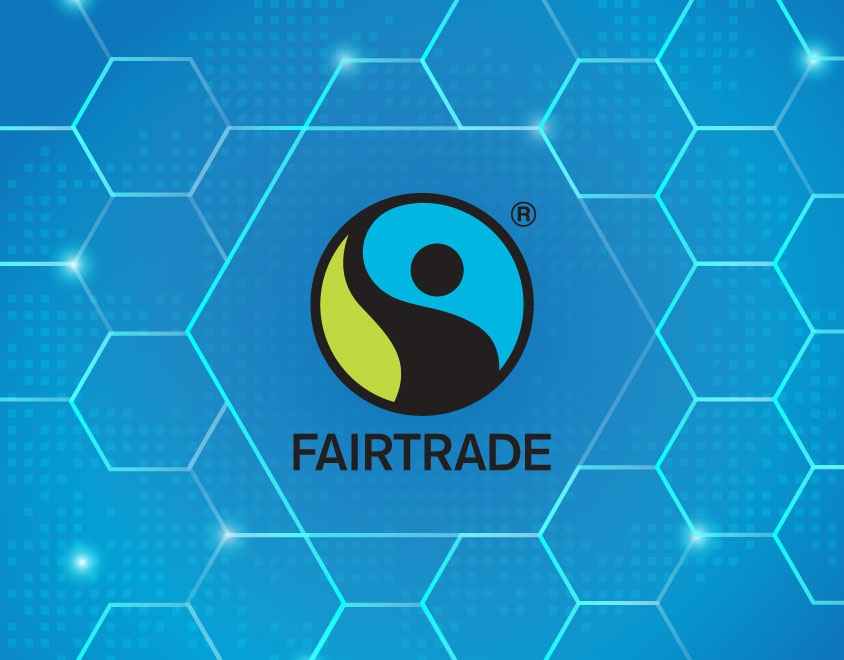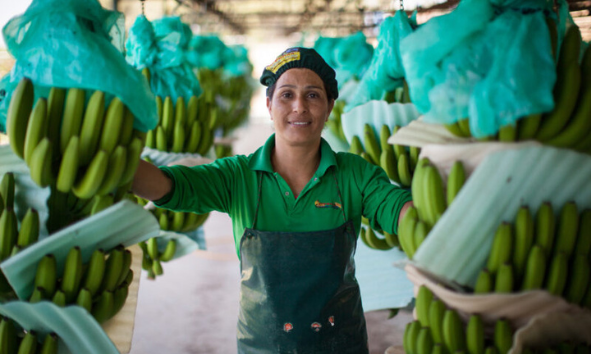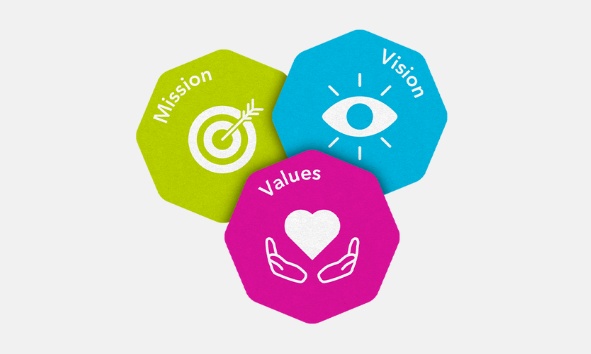Our Approach to Fairtrade Credibility
Fairtrade‘s success is built on two important pillars:
- the trust consumers have in Fairtrade-certified supply chain actors to meet Fairtrade Standards, and
- the positive impact that Fairtrade brings to workers and producers at the start of global supply chains.
At FLOCERT, we are proud to play a crucial role in ensuring the credibility of both these pillars as well as many other key elements.
FLOCERT, a …

The world's most trusted ethical label
The Fairtrade Mark is the most visible and trusted ethical label around the world – globally, 71% of people recognise it, and 86% of these people trust it. This is according to the 2023 GlobeScan consumer study, which also found that the top two benefits that shoppers associate with Fairtrade are:
- workers' rights and decent working conditions (75%), and
- producers being paid a better price (73%).
FLOCERT is proud to be responsible for ensuring the credibility of Fairtrade’s key elements: making sure that consumers can indeed trust that all organisations participating in Fairtrade comply with its requirements, and that its benefits reach the workers and producers.
How we ensure the credibility of the Fairtrade Mark
 To protect Fairtrade’s credibility, we have built a robust state-of-the-art assurance scheme. Based on advanced audit methodology, we use technology and data analysis to prepare for audits or receive notifications of potential non-compliance. By auditing our customers depending on their previous audit results, set-up, size, region and products, we can efficiently allocate our audit resources and focus on the areas of highest risk.
To protect Fairtrade’s credibility, we have built a robust state-of-the-art assurance scheme. Based on advanced audit methodology, we use technology and data analysis to prepare for audits or receive notifications of potential non-compliance. By auditing our customers depending on their previous audit results, set-up, size, region and products, we can efficiently allocate our audit resources and focus on the areas of highest risk.
While we consider ourselves a partner for our customers, we may need to double-check sensitive matters in certain cases, especially where there are concrete allegations or we have identified specific risks for a country or product. In these cases, we use Unannounced Audits to obtain an objective picture of the actual level of compliance at a given organisation during a typical working day.
Since we obviously cannot be physically onsite with our customers around the clock, we invite anyone concerned that a certified organisation is violating the Fairtrade Standards to raise an allegation with us. Our WhatsApp channel for allegations provides an easy-to-use whistleblowing mechanism for farmers and workers.
Proven impartiality is another key factor when it comes to establishing trust and credibility in global trade. For this reason, we complement our audit methodology with a system of checks and balances, ensuring that our findings are of the highest quality and strictly impartial. This begins at audit level, where we work with highly trained auditors – paid by us (not our customers), regardless of the outcome of the audit. We also ensure the same auditor is not sent to an organisation more than three times in a row, and use a four-eyes principle when evaluating audit results. Moreover, a dedicated Impartiality Committee monitors that FLOCERT's impartiality is not  compromised by commercial, financial, or other pressures.
compromised by commercial, financial, or other pressures.
Our methods and measures are checked externally through our accreditation against the ISO 17065 standard for product certification bodies. We are audited annually by the German national accreditation body, DAkkS, who check, for example, that we treat all our customers equally and that our audit findings and certification decisions are made independently, based on rigorous evaluation.
Last but not least, we have installed a complaint mechanism for customers who want to challenge a certification decision or who are unhappy with our services. And, if they are not satisfied with the way their complaint, allegation or appeal has been handled, they can contact DAkkS, or Fairtrade International as the standard-setting organisation.


